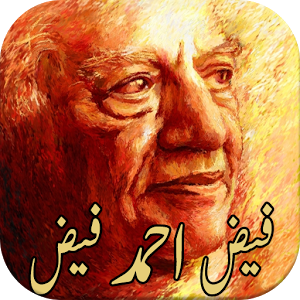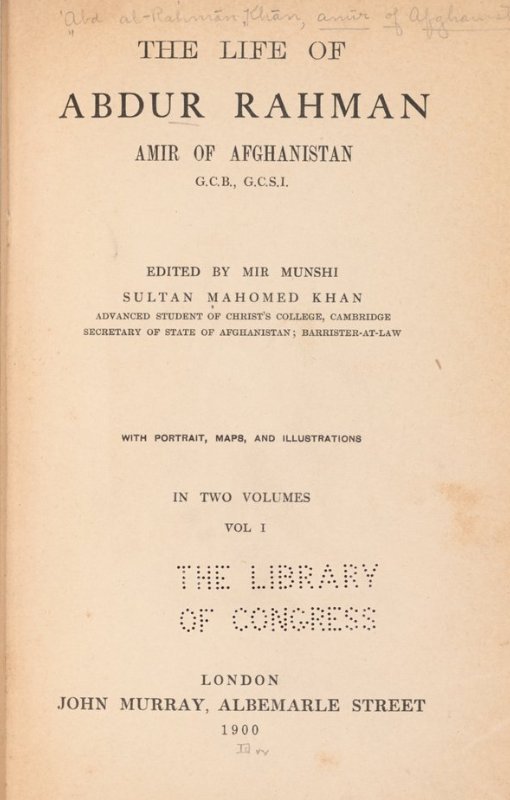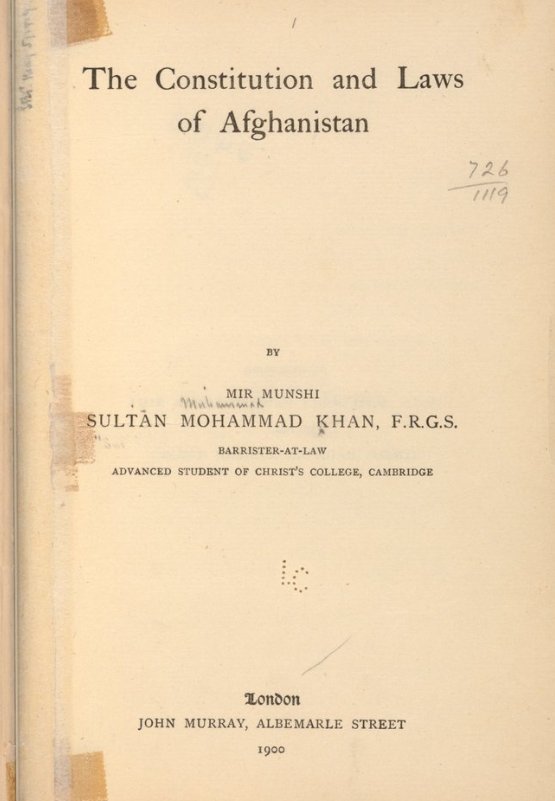On #FaizInternationalFestival2018, I want to tell you the story of a shepherd from Sialkot who went on to become the chief secretary of Amir Abdur Rahman of Afghanistan and made invaluable contributions.
This is the story of Sultan Mohammad Khan, father of Faiz Ahmed Faiz.
This is the story of Sultan Mohammad Khan, father of Faiz Ahmed Faiz.
Sultan Mohammad Khan born in Kala Qadir, Sialkot was a shepherd and would take the cattle out of the village to graze. He found out there was a school near by so he would leave his cattle to graze and attend the school.
This became a daily routine. He swiftly progressed,
This became a daily routine. He swiftly progressed,
passed the school exams and was awarded a Rs. 2 a month scholarship for High school. He also passed the exam there with distinction.
He moved to Lahore for further education but unable to find a place to stay, he moved into a local mosque. His qirat of Quran was admired and
He moved to Lahore for further education but unable to find a place to stay, he moved into a local mosque. His qirat of Quran was admired and
he started to deliver private qirat (Quran recitations) sessions.
He learnt Urdu, Persian and English and became fluent in these langauges. It was at this mosque that he met with the Afghan councilor impressed him with his conversation in English and Persian.
He learnt Urdu, Persian and English and became fluent in these langauges. It was at this mosque that he met with the Afghan councilor impressed him with his conversation in English and Persian.
In 1888, the afghan councilor offered him a job and took him to Kabul. He was introduced to Amir Abul Rahman, who was trying to establish closer links with rulers in British India in order consolidate his own rule in Afghanistan.
Anyone who could assist in furthering this goal
Anyone who could assist in furthering this goal
was welcomed as a friend. Sultan Mohammad Khan was appointed as a translator, his job was to translate documents and letters of Amir written in Persian into English and letters written in English into Persian to Amir.
He did his job so well that he was promoted to the position
He did his job so well that he was promoted to the position
of Mir Munshi Aaala ( Cheif Secretary). He married niece of the Afghan Amir. He edited the autobiography of the Amir and wrote several other books including the "The Constitution and Laws of Afghanistan".
The professed aim of writing this book has been to compare private and constitutional laws of Afghanistan with advanced European countries. His research question has been how far laws and customs practiced in Afghanistan were based upon ancient oriental customs and Muhammadan
law? Additionally, how much Afghanistan, in terms law, borrowed from India and other neighboring countries?
With the Amir being ill, conspiracies started at the court of Amir and heeding to the advise of royal phyisican Dr. Hamiltion, Sultan Mohammad Khan fled Kabul for Lahore
With the Amir being ill, conspiracies started at the court of Amir and heeding to the advise of royal phyisican Dr. Hamiltion, Sultan Mohammad Khan fled Kabul for Lahore
in 1897. He was arrested and imprisoned at the Lahore fort on charge of being an Afghan spy. It is the same fort where, later, Faiz Ahmad Faiz was also imprisoned. Dr. Hamiltion helped in his release from there.
He then proceeded to London and secured admission in Bar at Law
He then proceeded to London and secured admission in Bar at Law
Cambridge University. When Amir Abdul Rahman found about it, he appointed Sultan Mohammad Khan the ambassador of Afghanistan to Britain. He remained on the post for 3 years, until the death of Amir Abdur Rahmab. He returned to Sialkot in 1908 and began practicing law there.
He was awarded the title of Khan Bahadur by the crown.
Amir Habibullah Khan, a student of Sultan Mohammad Khah, didn't allow him to Afghanistan as he was not happy with him for two reasons. One He was unhappy over the autobiography book for Amir Abdul Rahman, and secondly,
Amir Habibullah Khan, a student of Sultan Mohammad Khah, didn't allow him to Afghanistan as he was not happy with him for two reasons. One He was unhappy over the autobiography book for Amir Abdul Rahman, and secondly,
he suspected that Sultan Mohamamd Khan was a British spy.
Sultan Mohammad Khan died in 1931 in Sialkot.
Sultan Mohammad Khan died in 1931 in Sialkot.

 Read on Twitter
Read on Twitter








